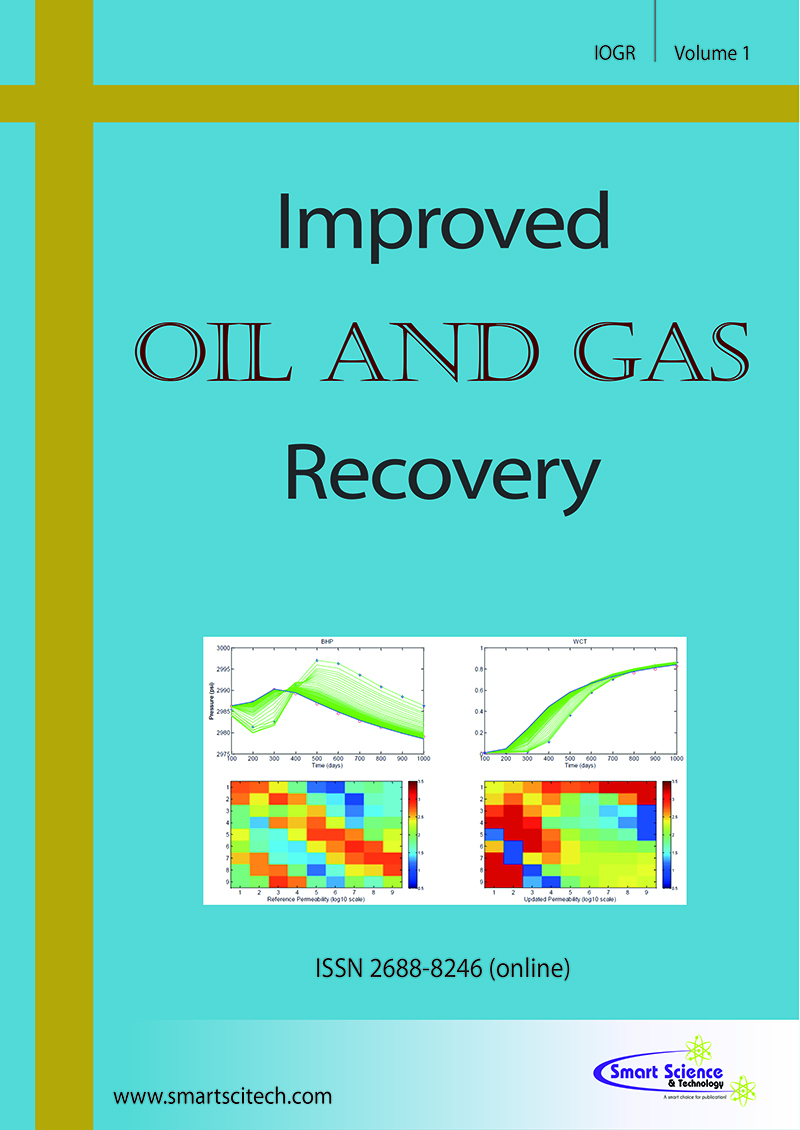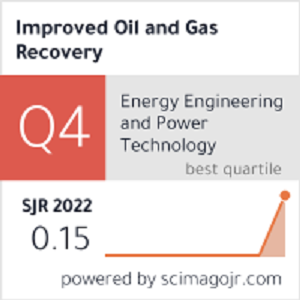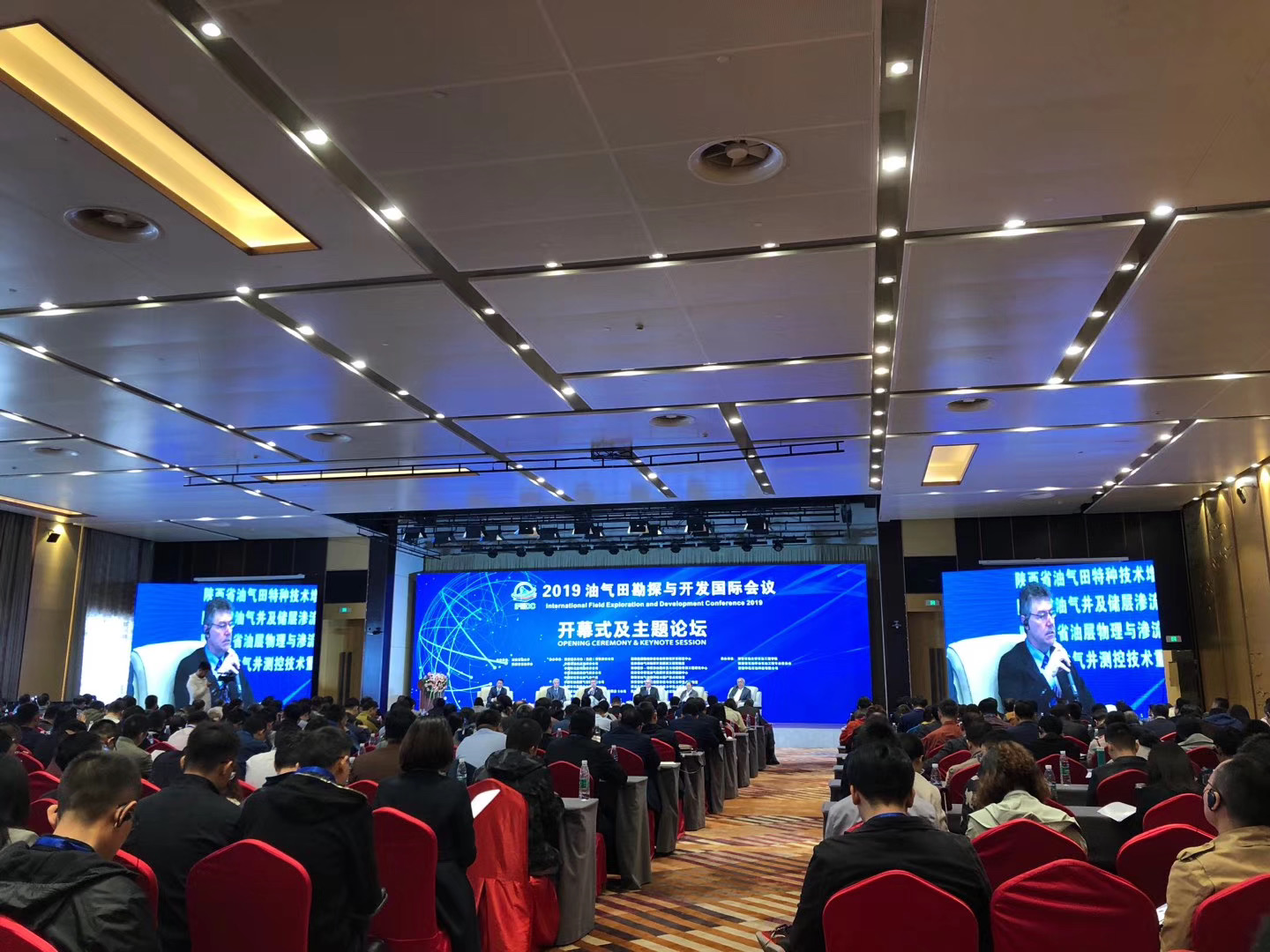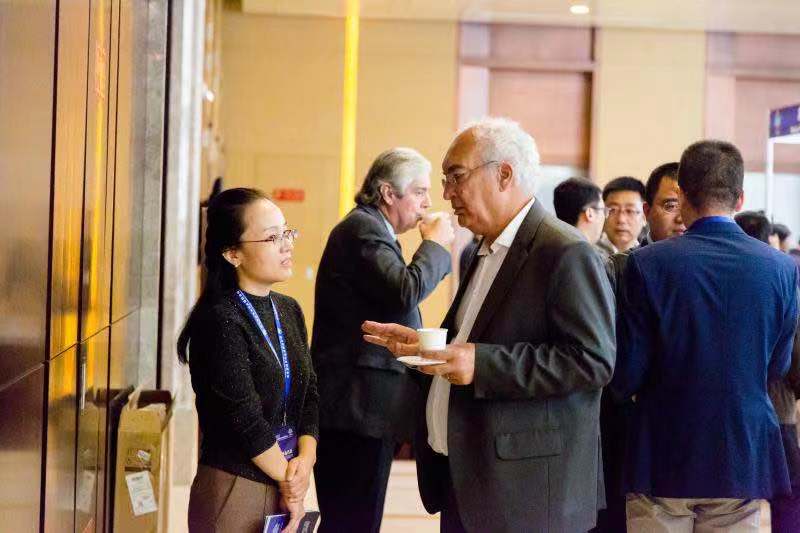PERFORMANCE EVALUATION OF MUCUNA SOLANIE AND PERIWINKLE SHELL INHIBITORS AS ANTI-COATING AGENTS FOR CORROSION INHIBITION
DOI: 10.14800/IOGR.1359
Abstract
In the oil and gas industry, pipelines composed predominantly of refined metals are inherently susceptible to degradation when exposed to corrosive environments such as atmospheric oxygen, saline solutions, or microbial activity. Conventional mitigation strategies—including material selection optimization, protective coatings, cathodic protection, and chemical inhibition—often rely on costly and environmentally detrimental synthetic inhibitors. This has necessitated the exploration of sustainable, cost-effective alternatives derived from natural sources. This study evaluates the corrosion inhibition efficacy of three bio-based coating materials formulated from locally sourced periwinkle shells (Littorina littorea), Mucuna solannie (MS) plant extract, and a hybrid composite (MPS) integrating both materials. A weight loss methodology was employed to assess corrosion rates under simulated acidic (HCl), saline (3.5 wt.% NaCl), and microbial (sulfate-reducing bacteria) conditions, reflecting common oilfield operational environments. Results demonstrated that the MPS hybrid inhibitor exhibited superior corrosion inhibition efficiency, achieving the lowest corrosion rates of 1.838×10?? mm/year (acidic), 2.016×10?? mm/year (saline), and 6.226×10?? mm/year (microbial), outperforming standalone PS and MS inhibitors. These findings highlight the potential of composite bio-inhibitors as eco-friendly, high-performance alternatives for pipeline integrity management in petroleum production and transportation systems.
Downloads
Published
How to Cite
Issue
Section
License
Copyright (c) 2025 The Author(s)

This work is licensed under a Creative Commons Attribution 4.0 International License.












